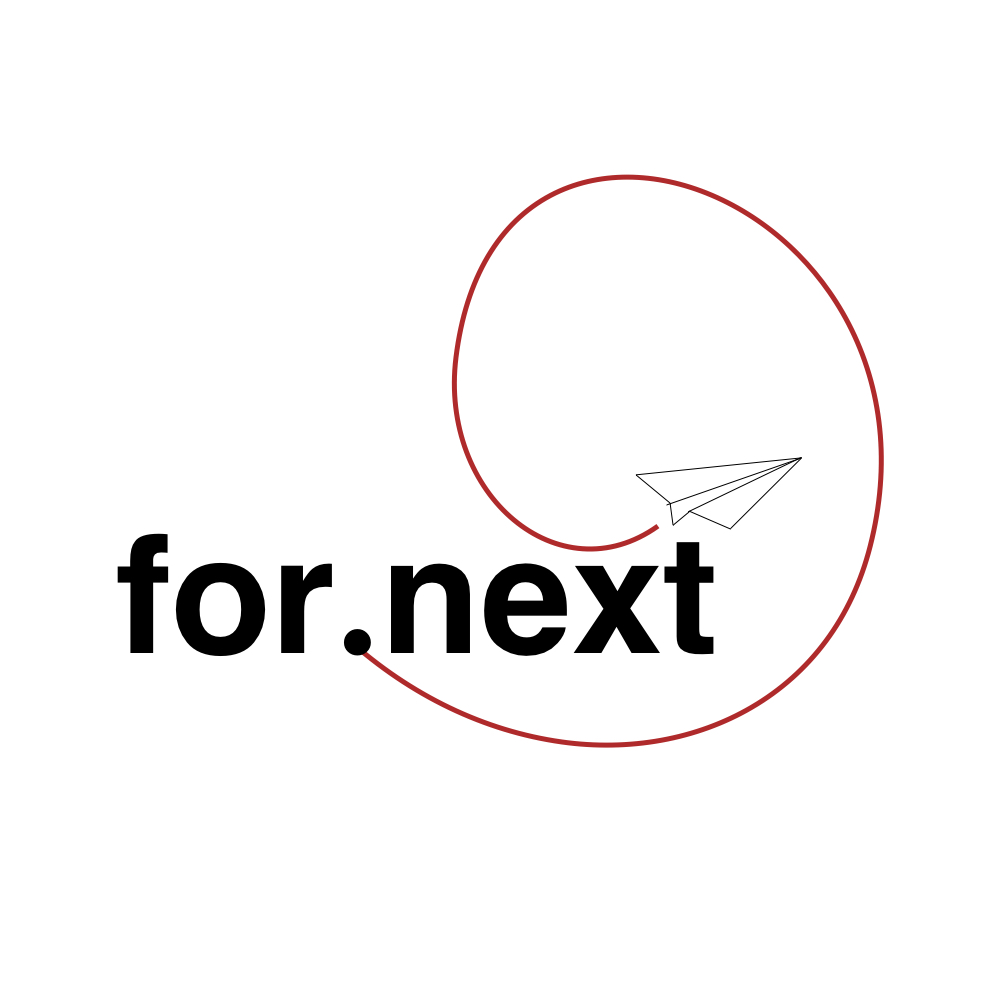The How and Why of Standards Based Grading @ Learning2.0
For those of you that are readers of my blog, you already know that I’ve become a believer in the power of standards based grading, or SBG. It’s amazing looking back at my first post on my decision to commit to it four years ago. Seeing how this system has changed the way I plan my lessons, think about class activities, and interact with students about learning makes me wonder where I would be at this point without it.
I’m now trying to help others see how they might make standards based grading have a similar change to their classrooms. I’m running a one hour workshop this Friday at 1:30 in room C315 to introduce Learning2 attendees to how a teacher might go about this. More important for those considering a change to such a system is the fact that I run my system in a non-standards based PowerSchool environment. Here’s the workshop description:
Suppose a student has earned a 75 in your class. How do you describe that student’s progress? What has that student learned in your class? Obviously a student with an 85 has done better than the student with a 75, but what exactly has the 85 student achieved that the other student has not? Is it ten percent more understanding? Two more homework assignments during the quarter? Perhaps most importantly, what can the 75 student do to become an 85 student?
Grades are part of our school culture and likely aren’t going anywhere soon. We can work to tweak how we generate and communicate the meaning of those grades in a way that better represents what students have actually learned. One approach for doing this is called Standards Based Grading, or SBG.
In this one hour workshop, you will learn about SBG and how it can clarify the meaning of grades, as well as how it can be implemented effectively within a traditional reporting system. You will also learn how a SBG mindset encourages productive changes to the process of planning units, activities, and assessments. We will also discuss the ways such a system can be run in the context of various subject areas.
It’s a lot to cover in an hour, but I’m hoping I can nudge a few folks to try this out moving forward.
The link to my workshop is here.
I’m really excited about the Learning 2.0 conference this year. I first attended back in 2011 in Shanghai and the experience was what prompted me to become active on Twitter and begin blogging back then. I know the next few days will be filled with inspiring conversations and ideas that challenge my thinking and push me to grow as a teacher.
Stay tuned to the blog and to Twitter to see what I’m up to over the weekend.
